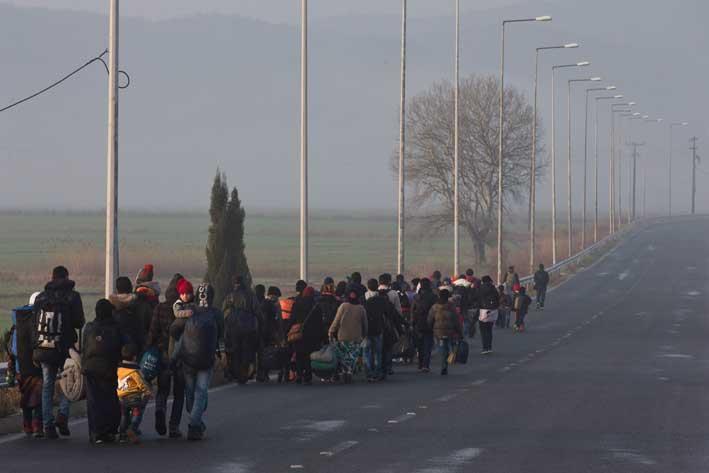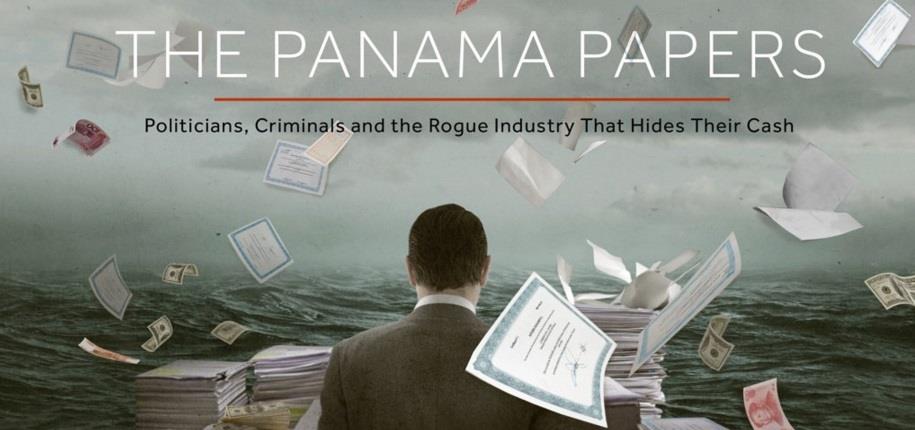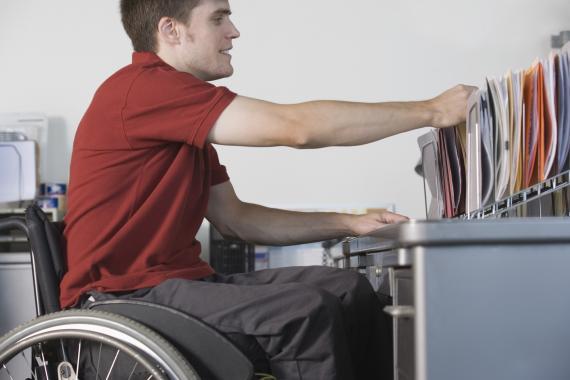You won the MEP award in Good Corporate Governance, meaning that you are a leader in this particular sector. What do you believe is the next step that needs to be taken in this particular area, both at an EU and national level?
In Europe, we reached a point where the economy has come out of an economic disaster, and I believe that good corporate governance and enhanced business transparency could continue to foster trust and confidence in the European industry and economy. Europe needs businesses and SMEs that reflect the aspirations of society, and which through digitalisation can keep pace in a competitive environment. We also need companies that take into account the needs of employees whilst being accountable to shareholders and respect stakeholders.
My constant contact with stakeholders in the business sector, as an active member of the Legal Affairs Committee, indicates that even at national level most companies have understood the importance of good corporate governance structures - not least because this facilitates doing business with partners from other Member States and even join forces in joint ventures.
One of the next steps is certainly to see more national businesses tap into the opportunities of the European market.

Human Rights is a subject which you hold very close to heart. How did the migration crisis put Europe’s conscience to the test in this regard?
The migration crisis tests us as a European people on how much we truly cherish the principles we are so boastful of. It places upon politicians the very heavy burden of ensuring that while they uphold these principles, they also protect their citizens. At times the crisis turns into an ‘us’ and ‘them’ survival game. This is the worse turn that migration crisis management could take. There is one big ‘us’, human beings each deserving peace and opportunities. We have to make sure that our citizens retain their standard of living and their fundamental rights, but also that we show our values of solidarity with those who deserve it. The migration crisis stirs up emotions but these should not be ones of pity, but rather of reciprocal solidarity and good neighbourliness.
The crisis also tests the strength and capability of our governments in ensuring the correct application of migration laws. Those deserving protection under International Law must receive it in a dignified manner, those who do not may be sent back also in a dignified manner.
The EU needs to reconsider the manner in which it nourishes its relationship with third countries, which can be countries of origin or transit or even receiving countries. Each third country faces its own challenges of migration and the EU must react appropriately.
Where the country is one of origin, the EU is to focus its relationship on assisting that country to address the root causes of migration.
The sheer extent of the crisis makes it the right opportunity for us collectively not only to manage the crisis, but evaluate and act to address the causes of the crisis.

How do you think scandals like Panamagate affect the Maltese businesses or foreign investors who would like to set their companies in Malta?
I concord fully with what the Malta Chamber of Commerce had to say on this issue. Politics should never be a race to the bottom when it comes to governance, rule of law and standards. Politics should be a battle between the two sides of parliament on which party can offer the best policies whilst upholding excellence and quality in everything it does. This transmits confidence in the state structures, application of the rule of law and portrays a fertile environment for business to engage in commercial activities which are licit, transparent and accountable.
As a small island State, which itself presents obstacles for business, it is even more crucial for us to uphold at all times an impeccable reputation. This is something which I am very concerned about. I want my country to be renowned not for shady business but to boast of a reputation on how to do business which is clean and which generates returns for the investor, the worker and the consumer.
Sound investors look for countries which can offer stability and equal opportunities as against countries which are rife with allegations of corruption or in which a few ‘blessed’ ones can be identified. Any behaviour by the government which may give the impression that the latter is the case, scares away the sound investors and brings in the shady ones. This in turn will affect those who are already established.

You spoke a lot about persons with disability and equality. Compared to other EU countries, how does Malta fare? Does Europe still have a long way to go in this regard?
Malta has done a lot, and we are now reaping the benefits of those who years ago strived to ensure that persons with disability are given an equal chance to participate in society. We have seen Malta adopt an inclusive education policy, create initiatives for employment opportunities and also create more community services. But there are times when I feel that we have not changed our mind-set.
We, even politicians, sometimes still think of persons with a disability rather than of the environment disabling persons, and therefore we still put obstacles on pavements so that persons using a wheelchair have to go in the road. We think of facilitating participating in the community by creating a living centre bringing together persons with disability thereby highlighting the disability aspect, rather than by facilitating their having the possibility of acquiring a home which can have structural alterations to suit their needs.
Europe of course reflects what is happening in its Member States. In my work on the file on the UN conclusions for the EU on the convention for the rights of persons with disability, I am finding that the EU institutions wish to go further but may be held back by the much needed change in mindset that is to take place in the Member States.